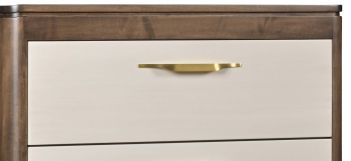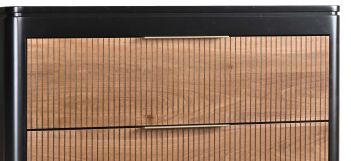Rochelle Bedroom
Bedroom Collection
Case and Bed Wood and Finish
Brown Maple $$
Maple wood is renowned for its exceptional beauty and versatility, making it a highly sought-after material in various woodworking projects.
Color and Grain: Maple wood typically exhibits a pale, creamy-white to light reddish-brown color, with occasional streaks of darker hues. Its grain is generally straight, although it can occasionally display subtle waves or curls, adding depth and visual interest to the wood.
Hardness and Durability: Maple wood is classified as a hardwood, renowned for its excellent strength and durability. It is notably resistant to wear, denting, and scratching, making it an ideal choice for furniture and flooring that experience heavy use.
Density and Weight: Maple wood has a medium to high density, giving it a substantial feel without being overly heavy. This characteristic makes it suitable for a wide range of applications, from intricate carvings to sturdy structural components.
Workability: One of maple wood's most prized attributes is its excellent workability. It machines, sands, and finishes exceptionally well, allowing craftsmen to achieve smooth surfaces and intricate details with ease. It also accepts stains and finishes uniformly, enabling a wide range of customization options.
Stability: Maple wood exhibits good dimensional stability, meaning it tends to resist warping, shrinking, and swelling due to changes in humidity and temperature. This stability makes it a reliable choice for furniture and cabinetry that require precision and longevity.
Versatility: Maple wood's versatility knows few bounds. It is commonly used in a myriad of applications, including furniture construction, cabinetry, flooring, musical instruments (such as guitars and violins), kitchen utensils, cutting boards, and even decorative veneers.
Distinctive Appearance: While maple's natural beauty is often appreciated in its unstained state, it also readily accepts a variety of finishes, allowing craftsmen to enhance or alter its appearance according to their preferences. From clear coats that highlight its grain patterns to darker stains that add richness, maple can be customized to suit any aesthetic.
Historical Significance: Maple wood holds a significant place in North American history and culture, particularly in regions where various species of maple trees are abundant. It has been used for centuries by indigenous peoples for tools, weapons, and housing, and it continues to be revered for its beauty and utility in modern times.
In summary, maple wood is prized for its timeless beauty, exceptional durability, and versatility in a wide range of applications. Whether it's crafting heirloom-quality furniture or adding warmth to a home's interior, maple wood's unique characteristics make it a perennial favorite among woodworkers and homeowners alike.

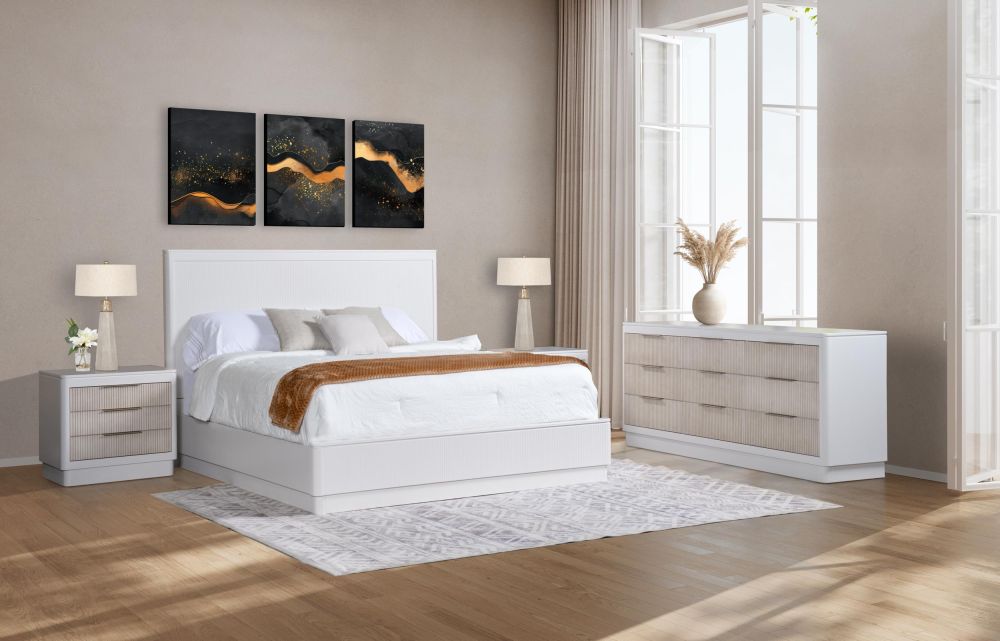
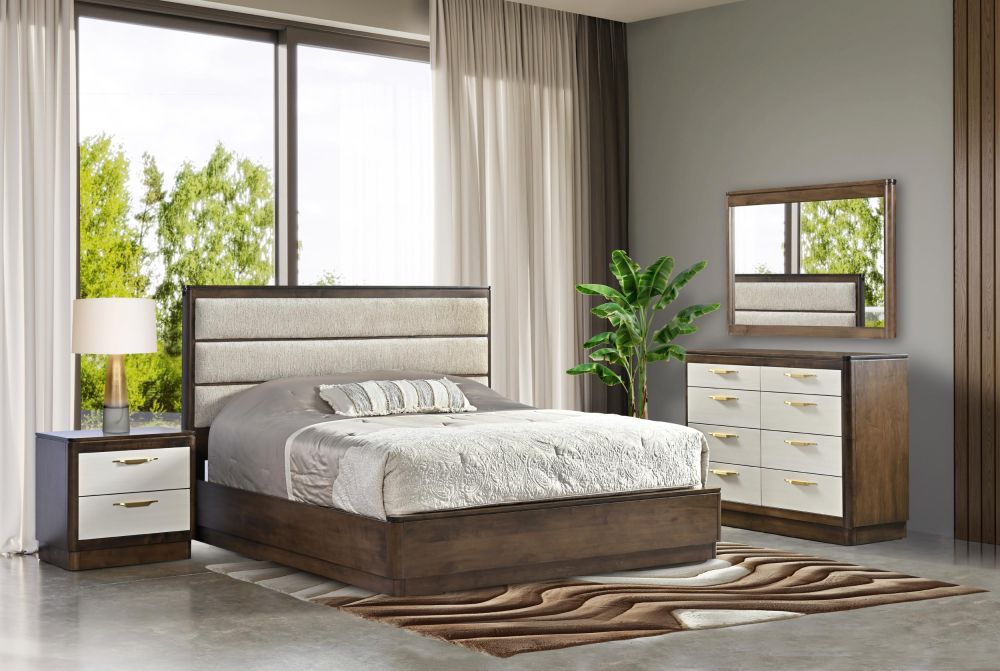
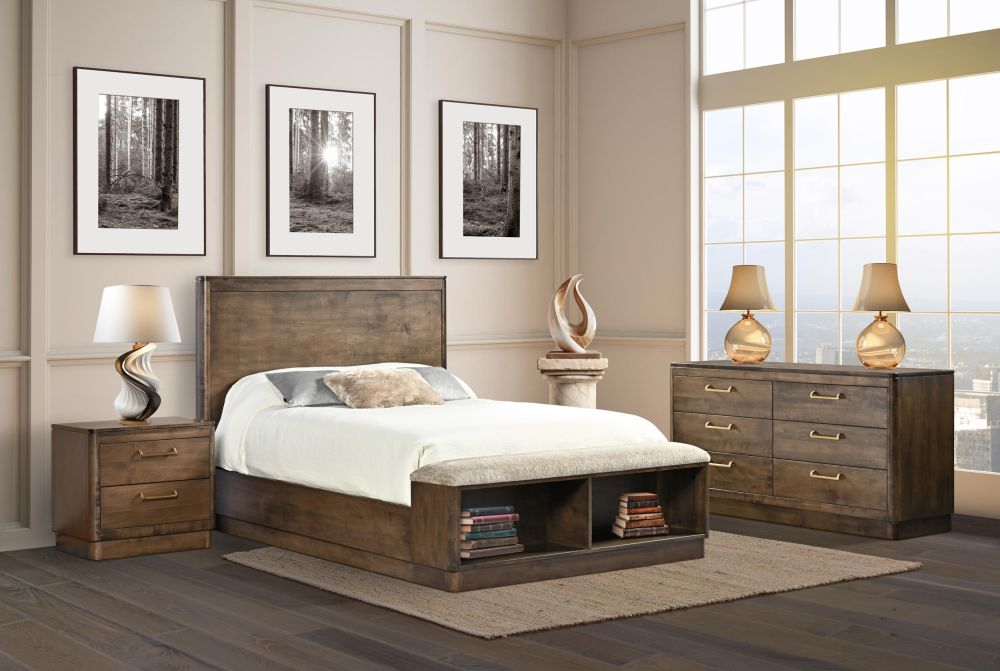
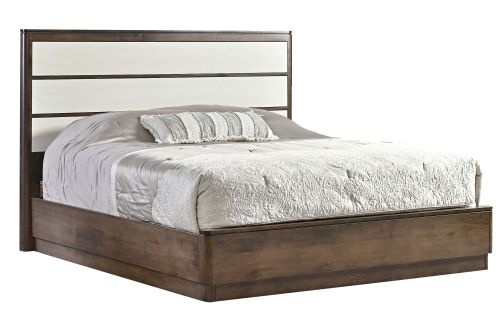
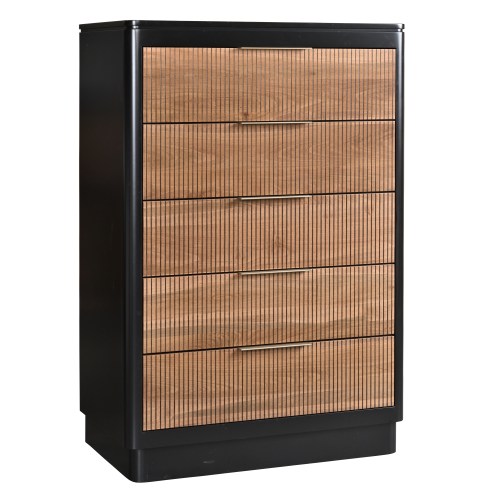

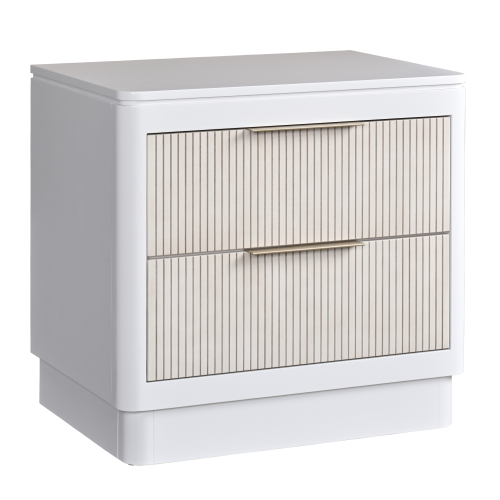
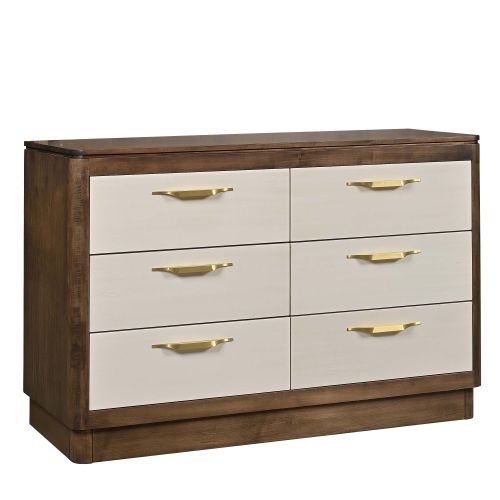
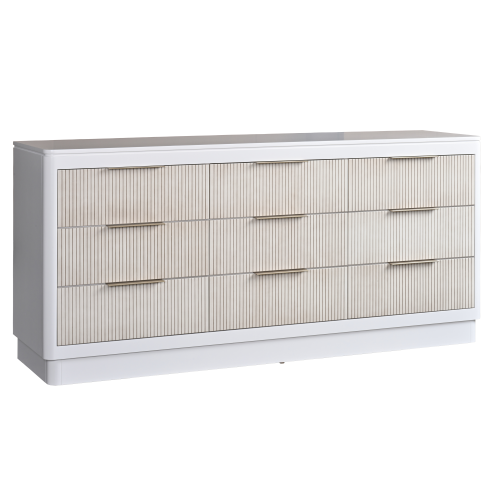
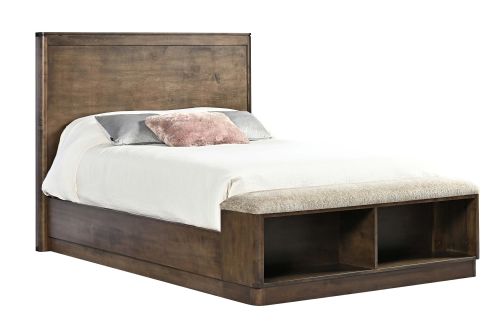
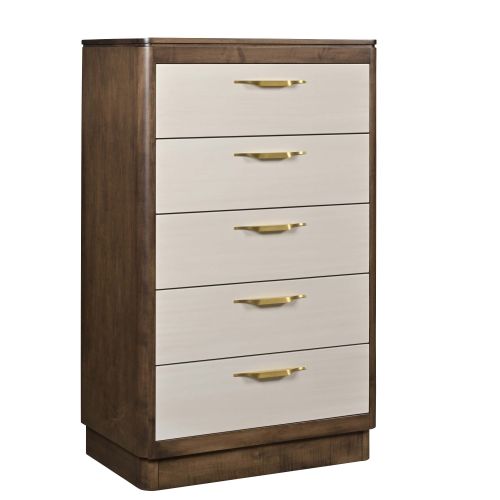
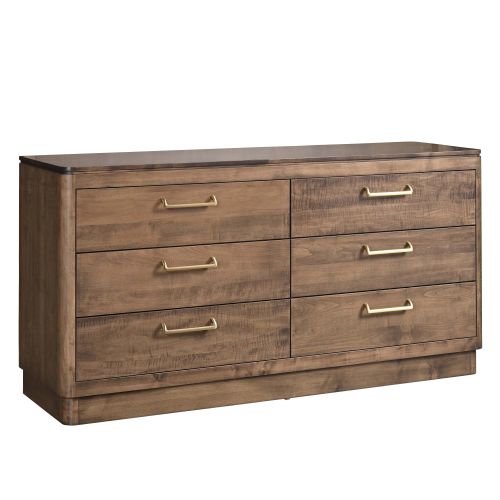
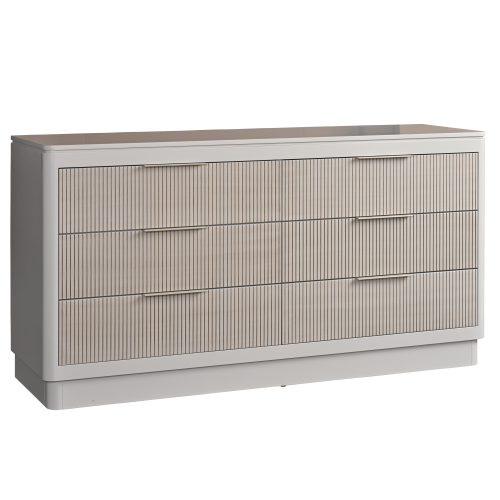
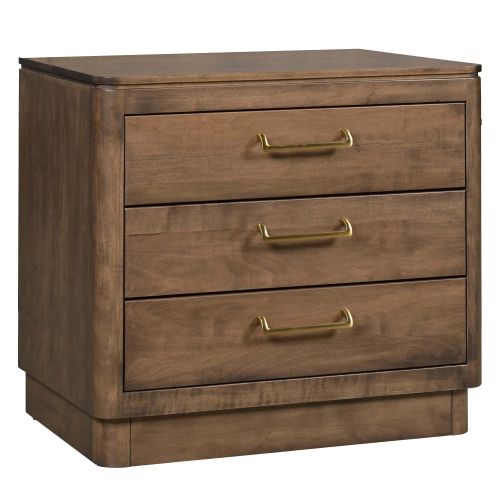
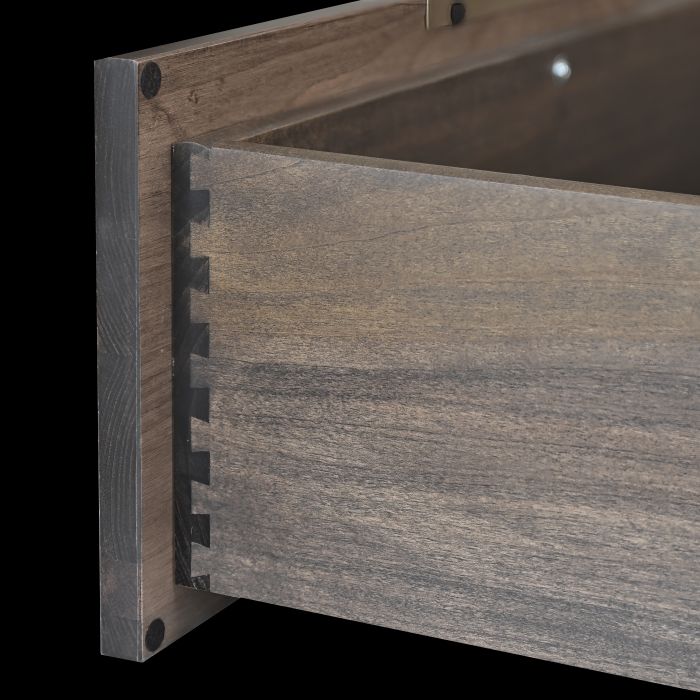
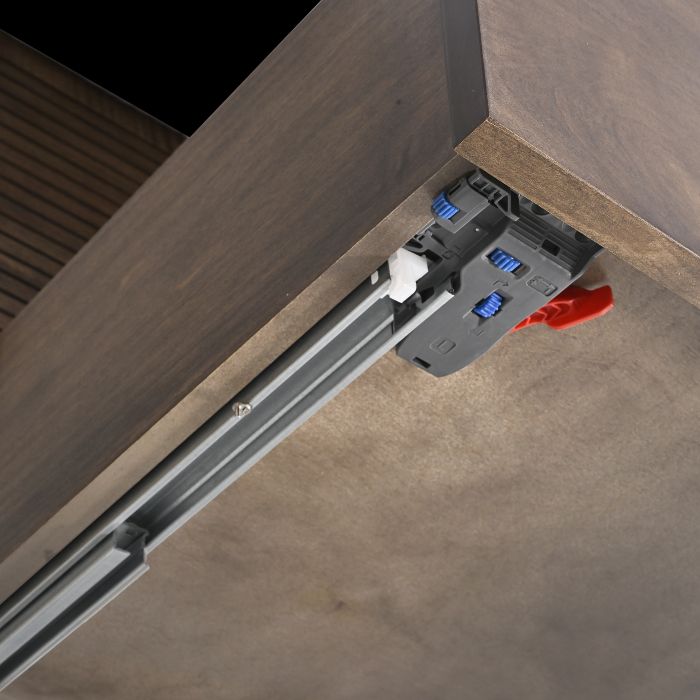
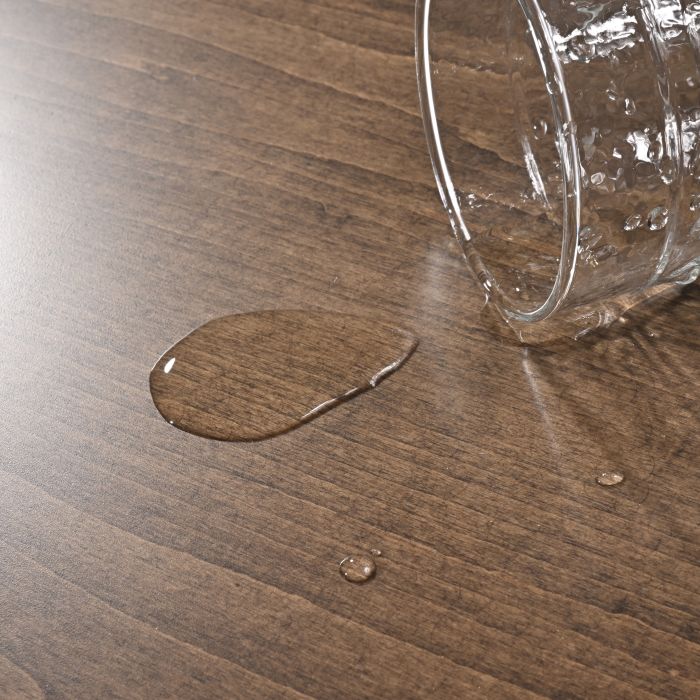
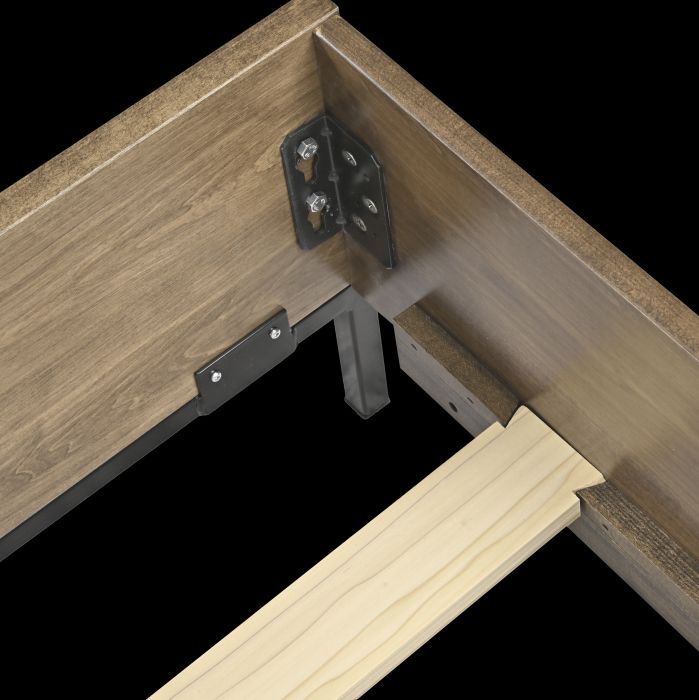
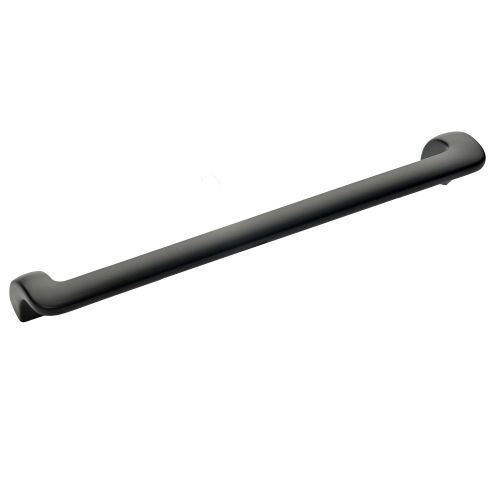
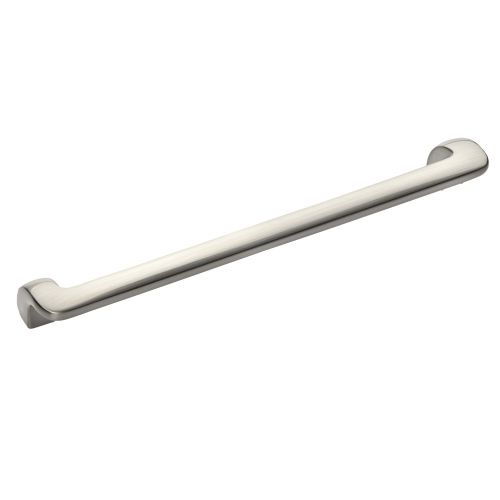
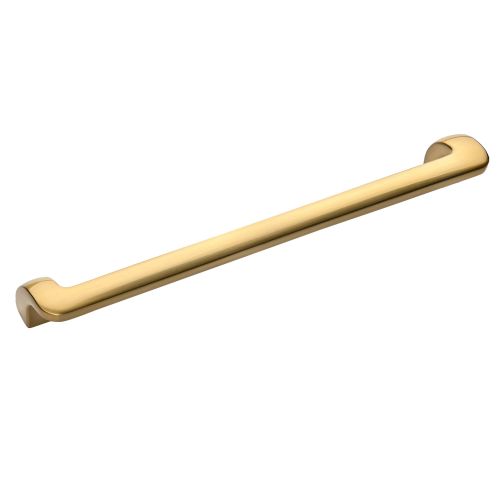
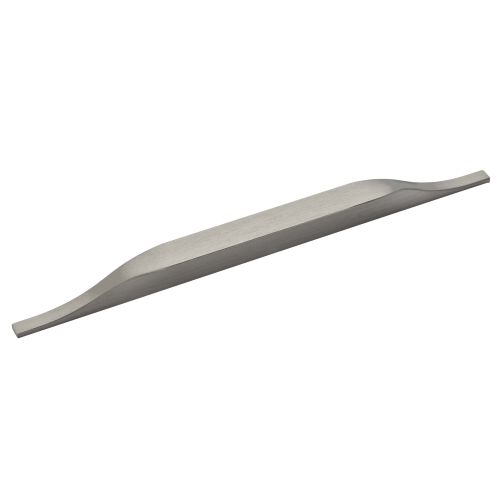
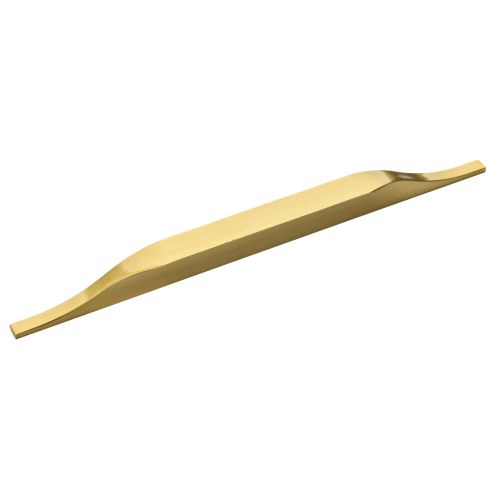
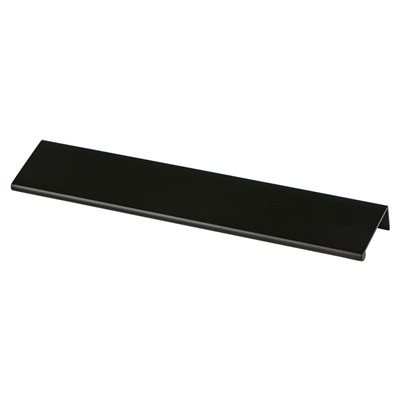
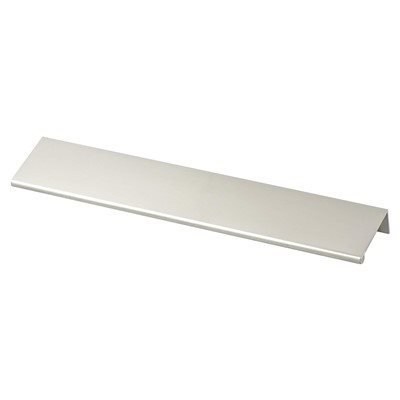
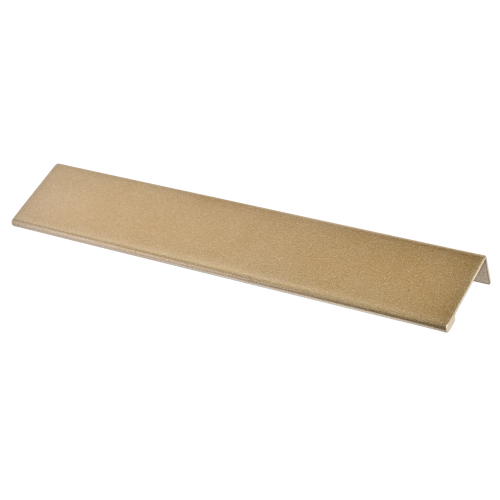
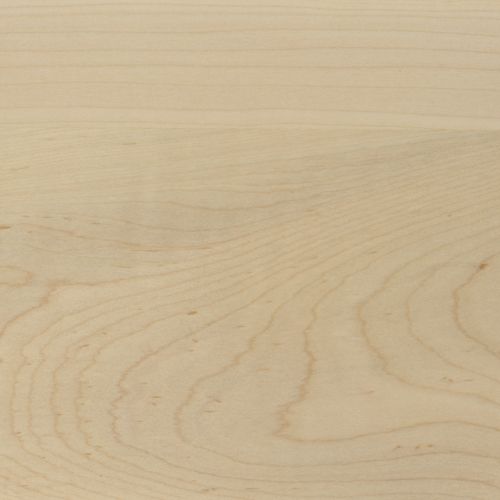
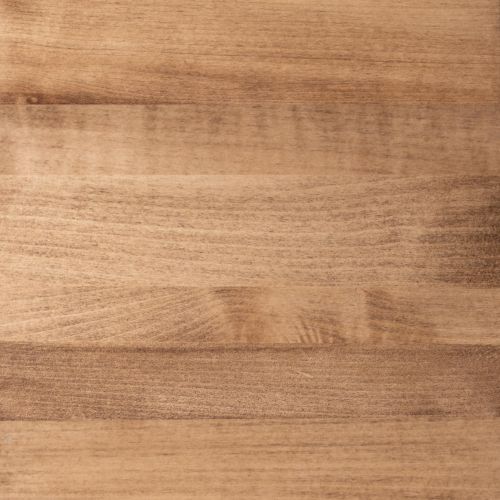
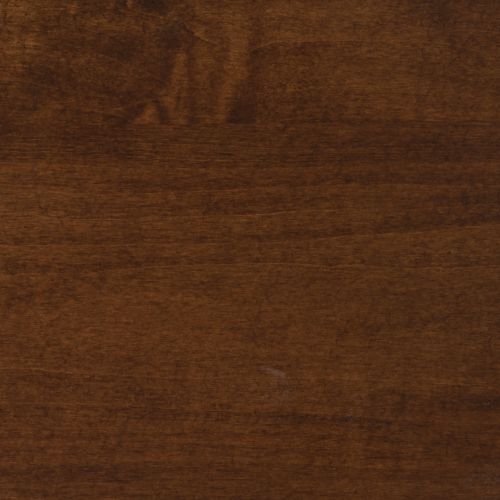
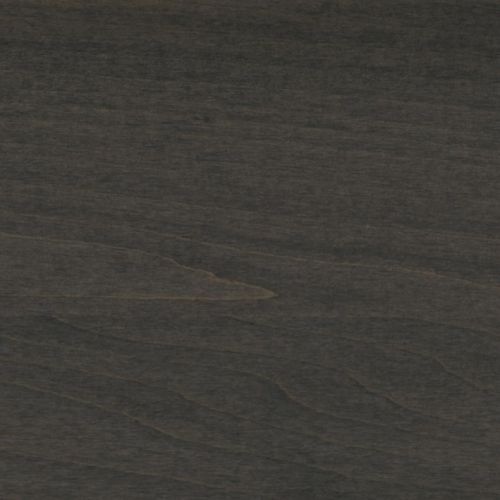
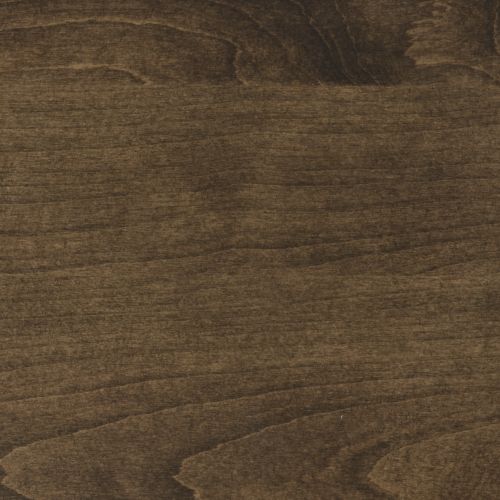
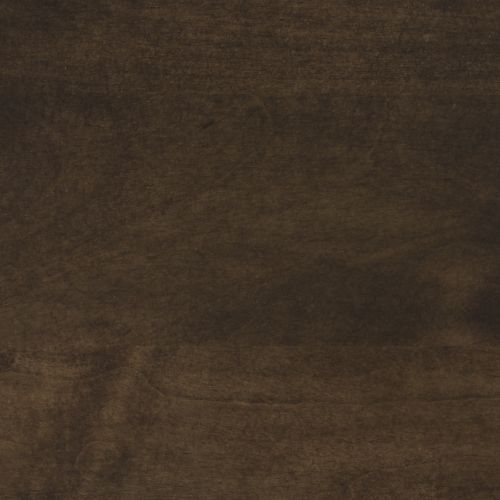
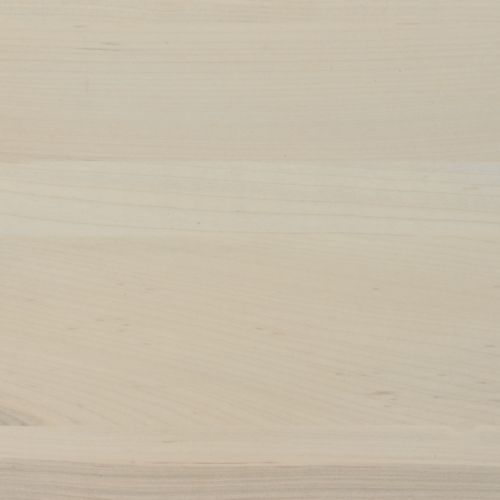
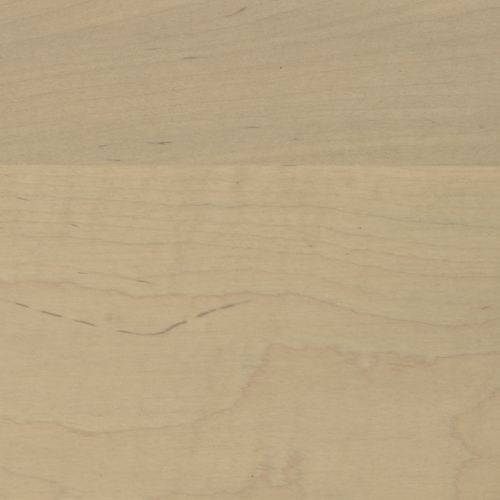
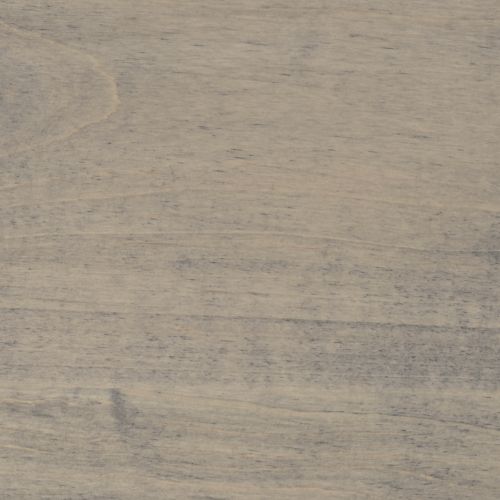
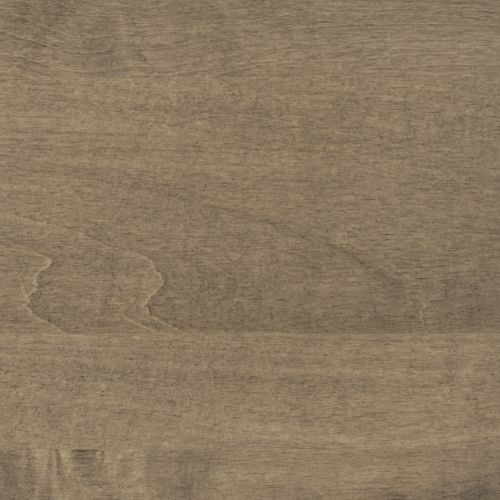
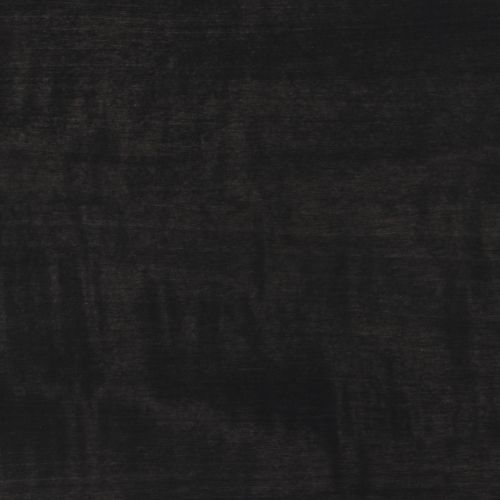
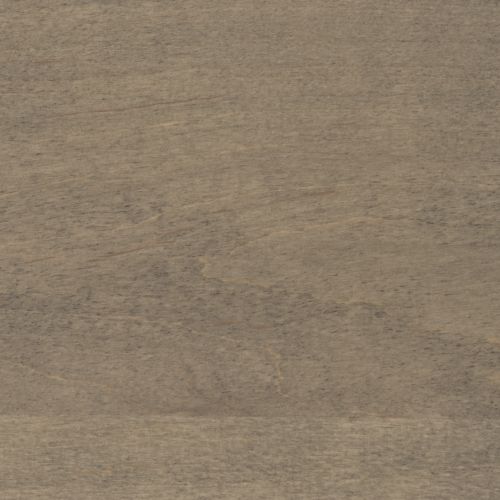
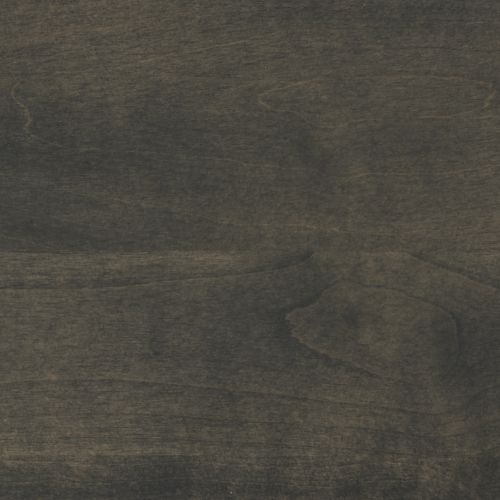
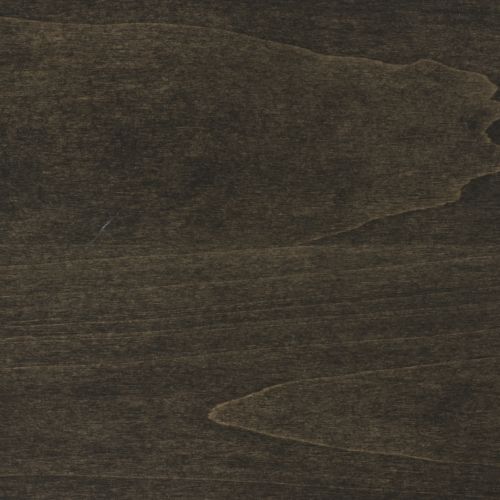
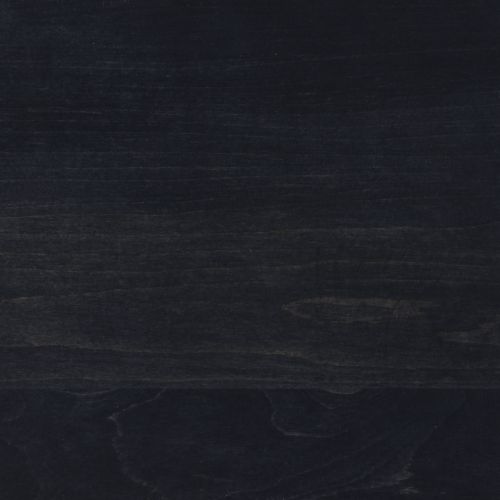
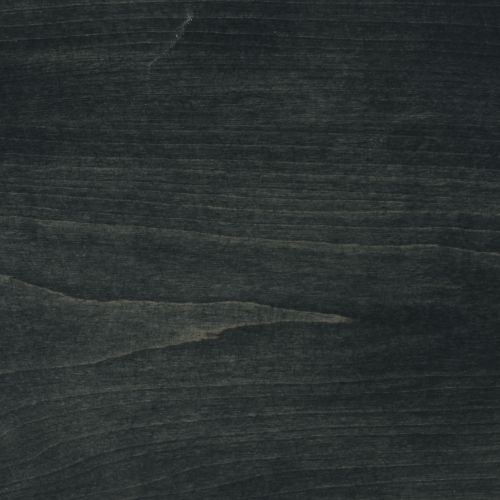

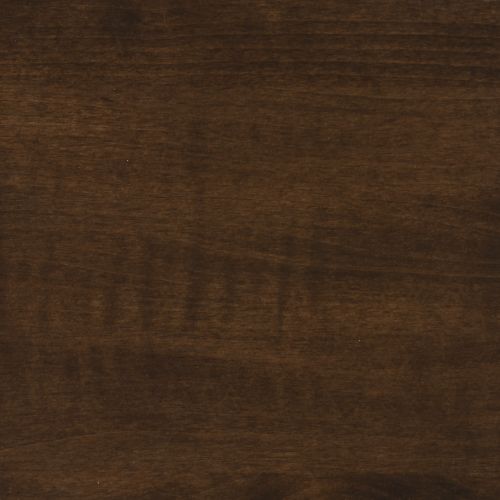











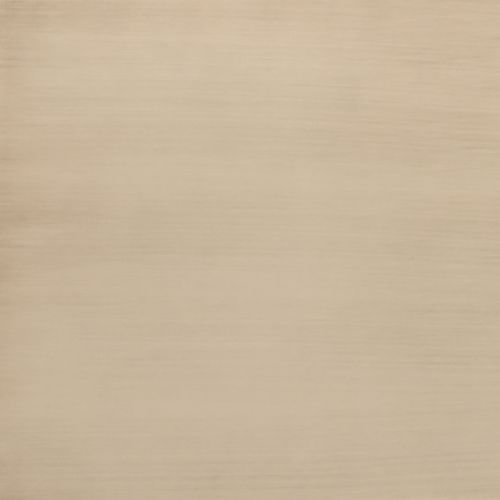
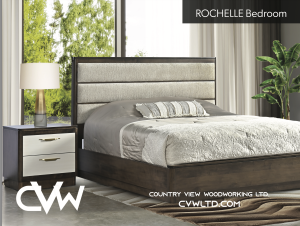
 View Rochelle Beds
View Rochelle Beds